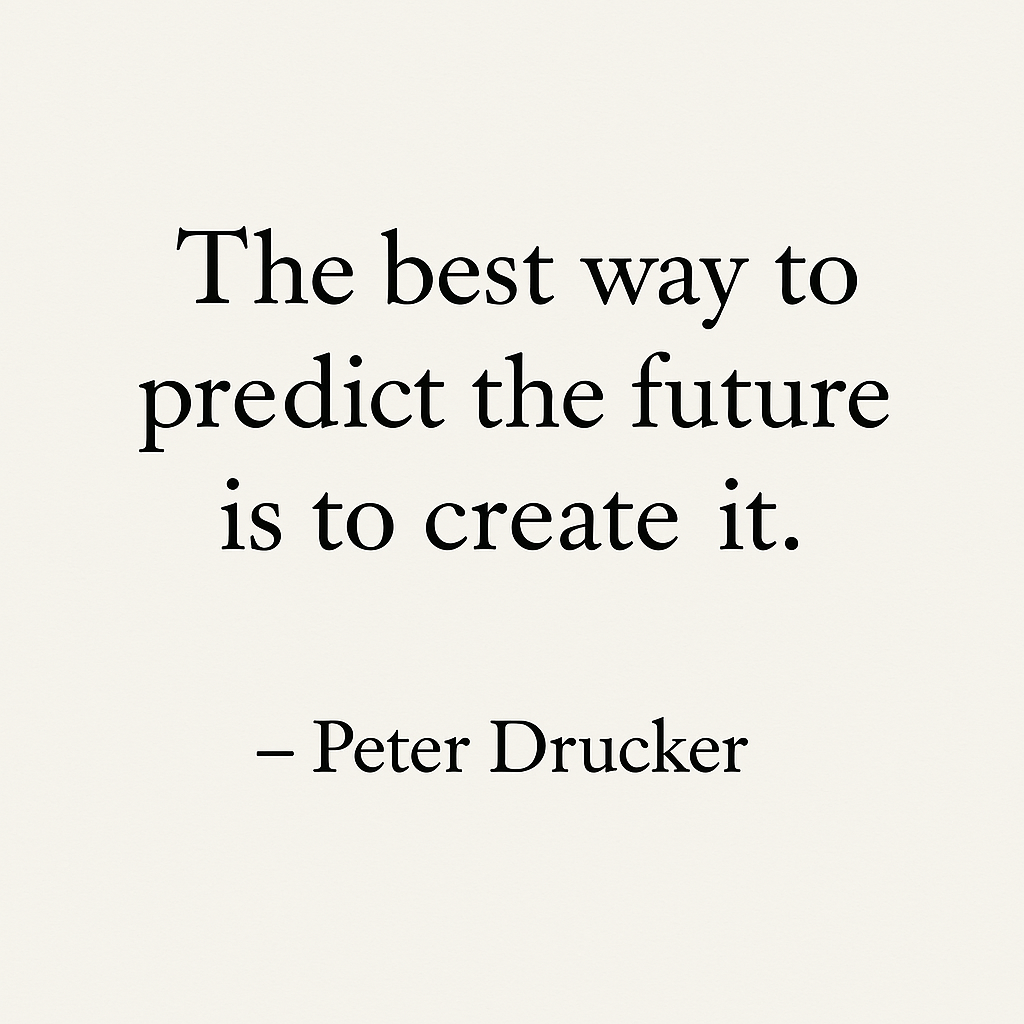
Over the past decade, I have discussed and shared the importance of creating a comprehensive digital portfolio of your work and learning, not only as an adult, but also as a student to leverage your digital presence. Not only can the opportunity to actively reflect on your learning in an open forum push your learning, but it can also open up doors that you might not have known existed prior.
It is a lot of work to create, but if you have the willingness to develop it and add to it consistently, it will not only prepare you to find opportunities, but I have learned that opportunities can find you as well.
In February of 2011, Dan Schwabel wrote “5 Reasons Why Your Online Presence Will Replace Your Resume in 10 Years” and shared the following quote:

We are almost 15 years later, and I would say that prediction has held true.
This past week, I asked school administrators how many looked at the transcripts of the staff they hired, and zero hands went up. When I asked how many of them “Googled” those same hires, 100% of their hands were raised.
Are resumes still a thing? In some contexts, of course, they are.
But here is something to consider: If I told you that your dream job was available but I needed your resume by 9AM tomorrow, no matter when you updated it, that would be prepped and ready to go before that deadline.
Yet, if you were going to be Googled, there is not much you can do (unless it was incredibly good or bad) that would help you within that same time frame. Creating an online presence takes time. This is why I have advocated for students to start this earlier in their school careers than later.
I also have to change my language from being “Googled” because the ways we can find expertise have changed.
Recently, I had an inquiry about keynoting an event, and I hopped on a call with the person who had reached out. Typically, I ask people how they know about my work, and although I have been Googled in the past, the number one way I get events is through word-of-mouth. Someone either saw me speak, or they know someone they trust who suggested me for their event.
This was not her case.
When I asked how she found my information, she said something I knew existed, but I was still shocked when I heard the answer. She had gone onto ChatGPT and had a conversation regarding keynotes on innovation in education, and found my name through that method.

I am sure it has happened before, but I am confident it will happen consistently moving forward.
Then I saw this Tweet thread from @Hosun that reaffirmed that this practice is happening more often:

As Schwabel predicted, your online presence matters; it just looks different (I am guessing) from what he initially expected.
For years, I have advocated for “Blogs as Portfolios” in schools so that it goes beyond a “digital dump” of links, but has consistent sharing of learning. As Hosun shares in the thread, that can open up some new opportunities:

The other focus is on consistency. The more you write on a topic, the more expertise you can develop. I don’t think anyone should call themselves an “expert,” as that is probably for others to determine, but digging into your own learning can be seen as a pursuit of an expertise.

The beautiful thing about what Hosun shares in this thread is the idea behind “blogging” (many perceive the practice as writing, but I advocated for blogs because learning can be shared consistently through different mediums) is that it can be multi-modal. You are not limited to “writing” about your ideas, but can share them in a way tailored to your strengths.

This year, I am working with a few schools, helping students create their digital portfolios to not only share their learning but to have something “concrete” for after their time in school. A traditional resume can only tell you so much.
We often discuss the ability to bring “experts” into our classrooms, but I believe it is vital to help students share their “expertise” with the world. This not only helps them “find a job” but may also ensure they have a better chance of an opportunity finding them.
That is an essential shift in thinking that is not happening in the future, but right now.
(I also recorded a podcast on this, and you can watch the entire episode here on YouTube or listen on Apple Podcasts.)